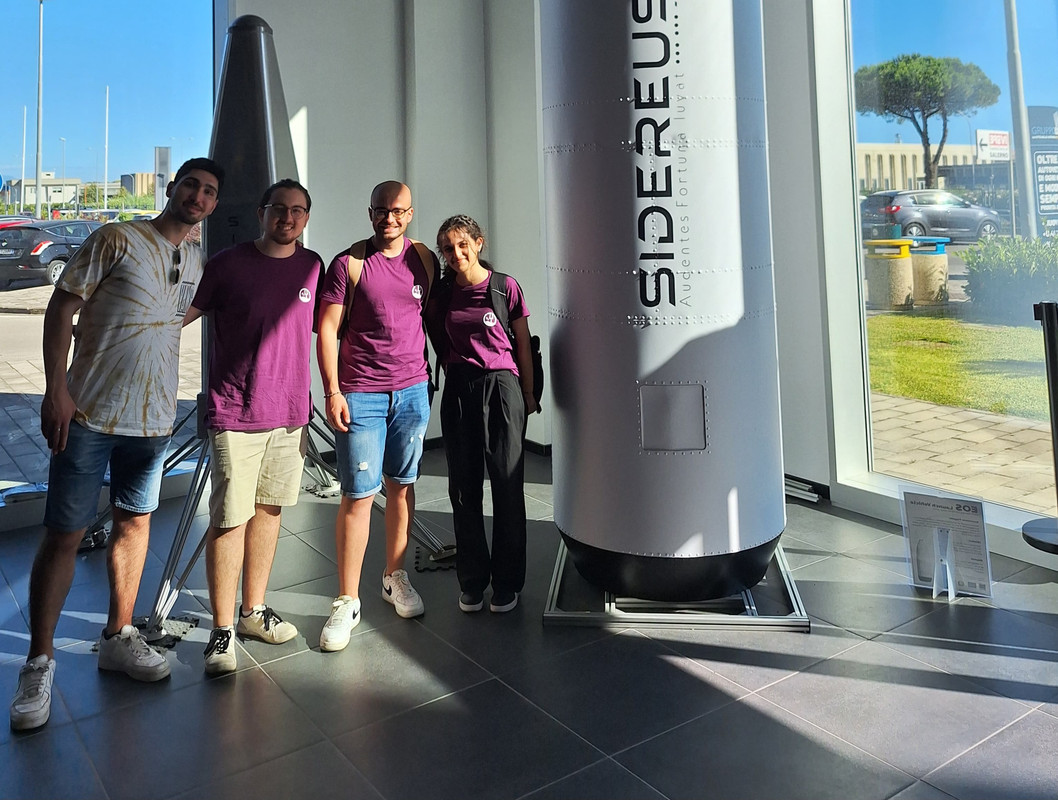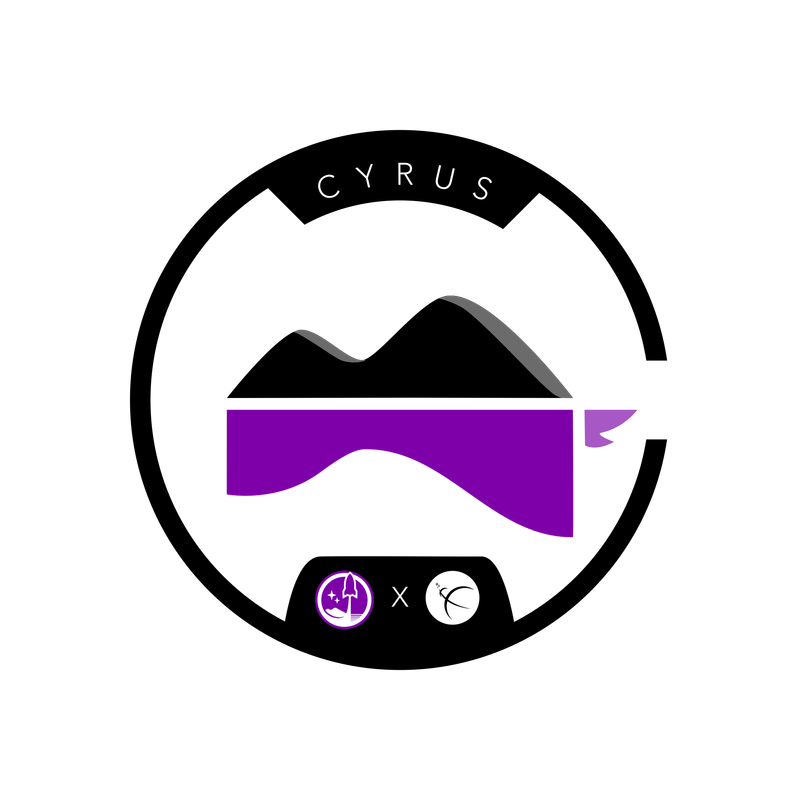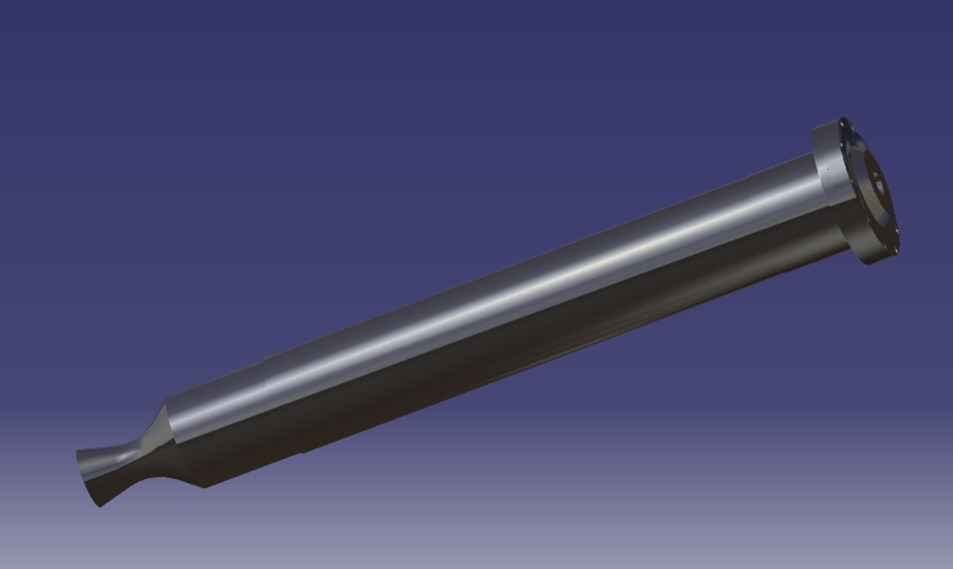Propulsion
The propulsion department is dedicated to the design, development, and testing of propulsion systems for model rockets. We aim to develop innovative and cutting-edge solutions in the field of model rocket propulsion. Our main goal is to design systems that combine cost-effectiveness and simplicity, allowing for the experimentation of safe and accessible engines without compromising performance. To achieve these goals, our team makes extensive use of CAD models for component design and employs CFD (Computational Fluid Dynamics) analysis to optimize thermal-fluid dynamics performance. These advanced tools allow us to accurately simulate fluid behavior within the engines, enabling us to predict and improve system performance before moving on to physical testing.

CYRUS
CYRUS is the name of the first project developed by our propulsion division and represents an important milestone for us. It is a liquid bi-propellant engine powered by a combination of ethanol and liquid oxygen, developed in collaboration with the startup Sydereus Space & Dynamics. Entirely designed and built by our team, the CYRUS engine is currently in the testing phase, with performances that promise to meet the goal of reaching an apogee of 3000 m while generating 800 N of thrust. This makes CYRUS an extremely efficient engine for future international competitions.

HYBRID PROJECT
The second project we are developing is a hybrid engine. It is currently in an advanced design phase and is based on the use of nitrous oxide (N₂O) as an oxidizer and ABS (Acrylonitrile Butadiene Styrene) as solid fuel. This new system benefits from the numerous technical results obtained during the development of the CYRUS engine. Although still in development, it could represent a simpler and quicker solution to test for a first launch, thanks to its lower complexity compared to bi-propellant engines.
